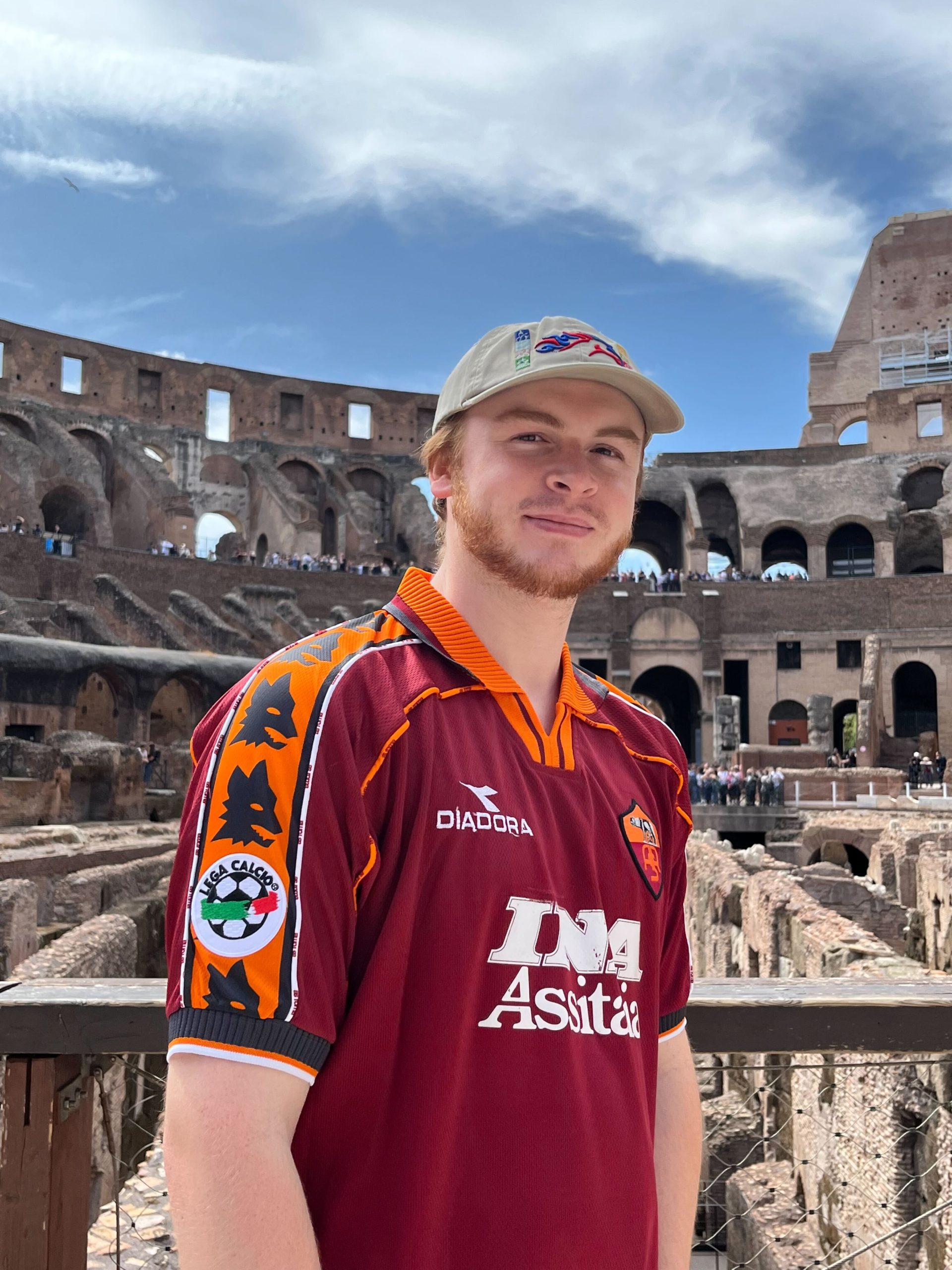Tottenham one of several Premier League clubs annoyed by what Southampton have just done

Southampton have hardly troubled anyone in the Premier League this season.
The Saints currently sit rock bottom of the Premier League with only nine points from 29 games – winning just twice.
Southampton are even on track to beat Derby’s record as the worst Premier League side in history, with the Rams team of 2007/08 mustering just 11 points.
Despite their struggles on the pitch, Southampton have still found a way to frustrate Tottenham and other sides after a decision was made over Tyler Dibling.
Tottenham and others left frustrated as Southampton put £100m price tag on Tyler Dibling
The Telegraph now report that Southampton’s lofty valuation of the England U21 international is frustrating the likes of Tottenham and Manchester City, as well as other unnamed Premier League clubs.
In fact, it is said the Saints actually want just over £100m for Dibling – using the £100m fee Manchester City spent on Jack Grealish as a reference point.
Tottenham are said to have made the 19-year-old a priority target this summer and enquired about the winger during the winter transfer window, while Manchester United, Bayern Munich and RB Leipzig have all scouted the teenager this season.
Dibling – who Theo Walcott likened to Gareth Bale – has scored four goals and provided two assists in 30 appearances across all competitions so far this season.
What Tottenham think about Tyler Dibling deal
TBR Football understand Tottenham feel they are favourites to sign Dibling this summer.
Sources state that the Southampton No.33 is eager to join Spurs – who have placed a real emphasis on signing top young talent in recent times, such as Archie Gray and Lucas Bergvall.
Dibling is also understood to have no intention of signing a new contract at Southampton, with his current terms expiring in July 2026.
Therefore, the Saints might need to adjust that £100m asking price this summer if no bids arrive, or else they risk losing the Exeter-born wonderkid for nothing in 2026.




